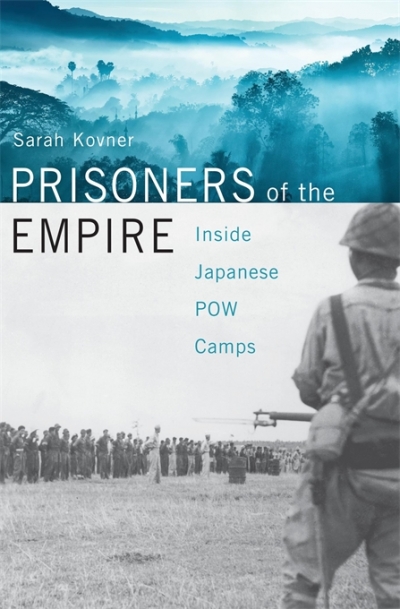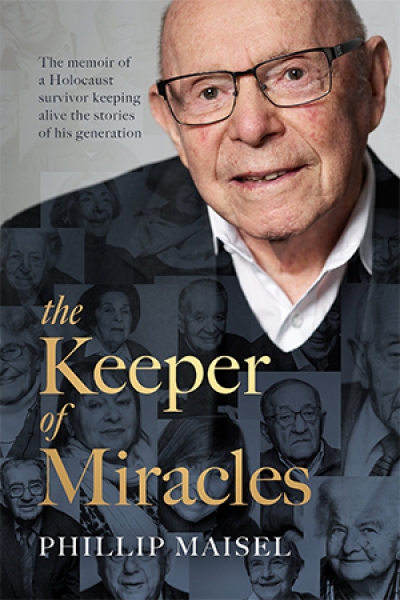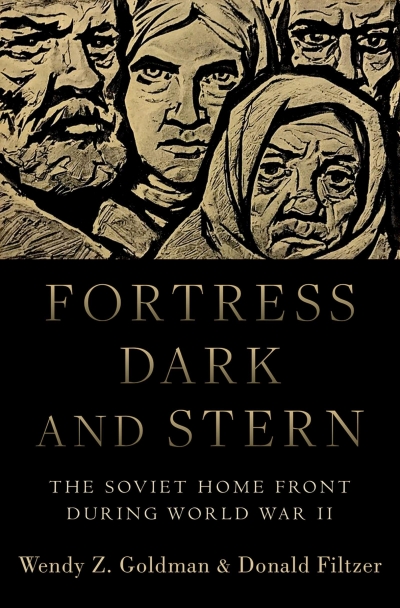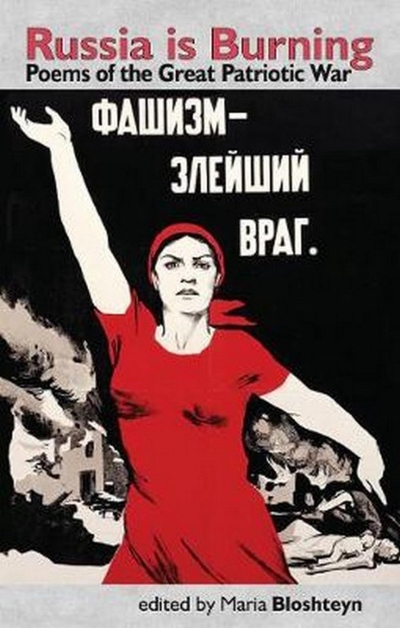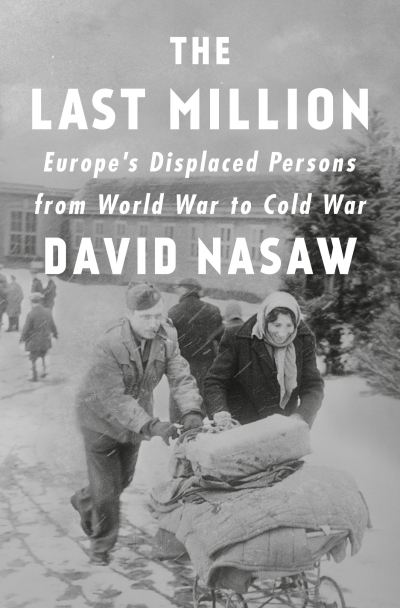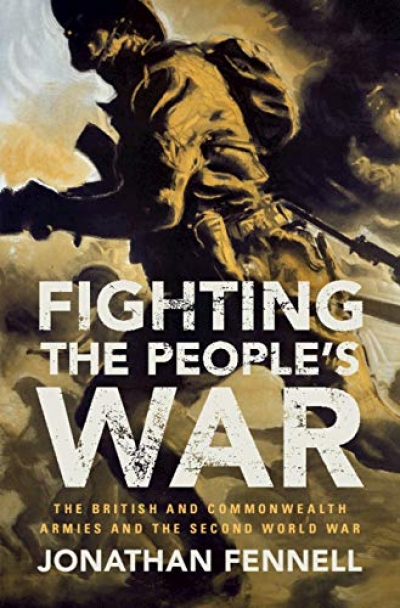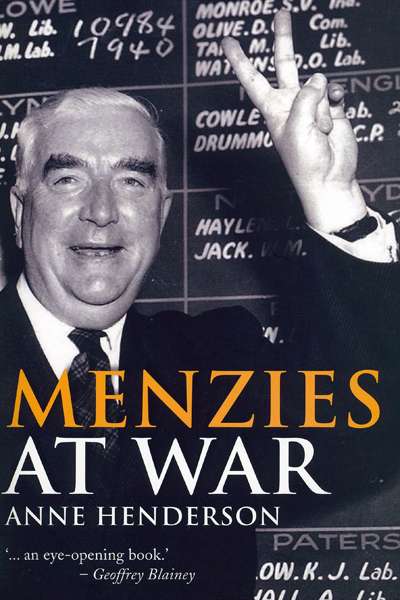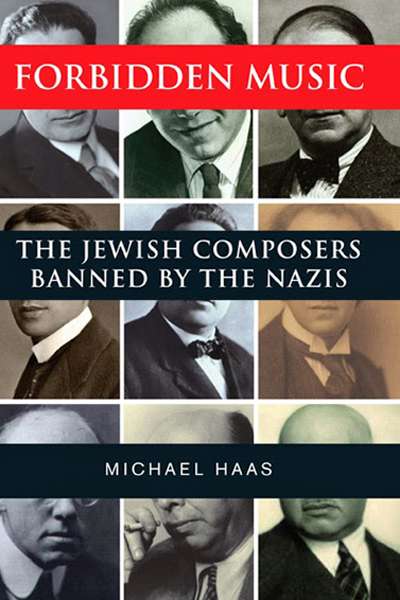World War II
Prisoners of the Empire: Inside Japanese POW camps by Sarah Kovner
by Joan Beaumont •
Fortress Dark and Stern: The Soviet home front during World War II by Wendy Z. Goldman and Donald Filtzer
by Sheila Fitzpatrick •
Russia Is Burning: Poems of the Great Patriotic War edited by Maria Bloshteyn
by David Wells •
The Last Million: Europe’s displaced persons from World War to Cold War by David Nasaw
by Sheila Fitzpatrick •
Fighting the People’s War: The British and Commonwealth armies and the Second World War by by Jonathan Fennell
by David Horner •
No Place to Lay One’s Head by Françoise Frenkel, translated by Stephanie Smee
by Avril Alba •
Wilhelm II: Into the abyss of war and exile, 1900–1941 by John C.G. Rohl
by Miriam Cosic •
Forbidden Music by Michael Haas & Hollywood and Hitler by Thomas Doherty
by Michael Morley •

